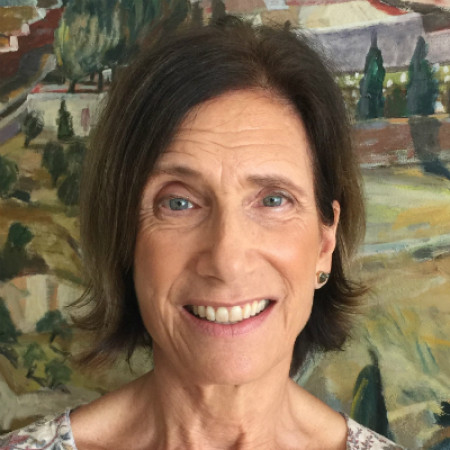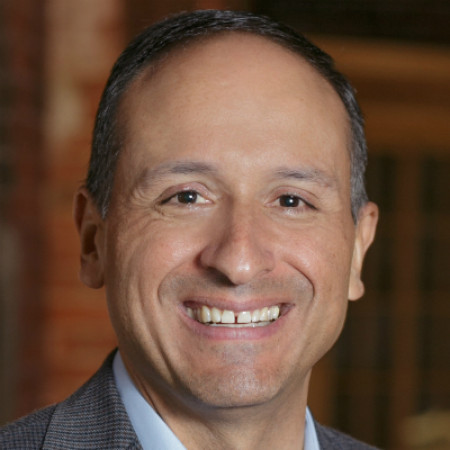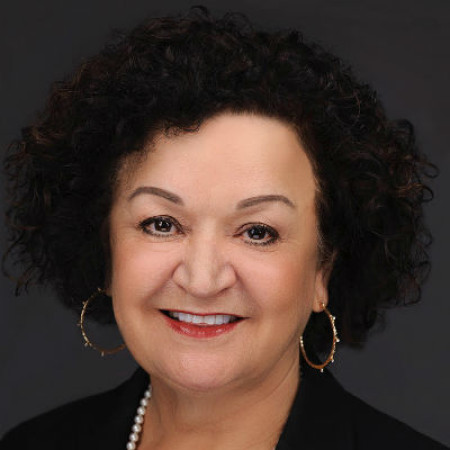-
Foundations
How Grantmakers Can Use Power Mindfully to Advance Equity
While there are many potential barriers to utilizing power ethically and responsibly, funders can—and must—overcome them to truly advance equity and justice.
-
Leadership
Wielding Power with Community: Creating Pathways for Change and Transformation
Finding viable solutions to social problems requires that we reconfigure the relationships between those who hold power over communities and those who are impacted by how that power is used.
-
Philanthropy & Funding
Wielding Philanthropic Power with Accountability
By speaking up about money and acknowledging the many choices they have, funders can more effectively channel their full spectrum of resources to achieve change.
-
Foundations
Diversifying Perspectives and Sharing Power at a Family Foundation
Bringing non-family members, people with diverse perspectives, and professional advisors into decision-making can help family foundations take greater risks and bolder action toward their missions.
-
Foundations
Wielding Philanthropic Leadership With, Not For
Being a courageous and ethical leader in philanthropy means learning to listen, and sharing our power by encouraging, empowering, and enabling others.
-
Philanthropy & Funding
Philanthropic Leadership Means Following the Frontlines
How to shift the culture of philanthropy to one where funders understand they are part of—rather than in control of—social movements and systems-change work.
-
Governance
Philanthropy’s Ultimate Power-Sharing Opportunity: Governance
For a foundation board to fulfill its essential duties, ensuring that it benefits from diverse voices, ideas, and perspectives is paramount.
-
Philanthropy & Funding
The Power of Families: From Poverty to Agency to Unity
How philanthropy can support low-income families to build powerful networks and craft policy solutions that reduce poverty in the United States.
-
Philanthropy & Funding
Power, Privilege, and Effectiveness: Are Funders Connecting the Dots?
To advance equity more effectively in collaboration with nonprofits and communities, grantmakers must share power with and leverage privilege for nonprofits and communities.

Philanthropy & Funding
Power in Philanthropy
Most grantmakers that want to solve long-standing inequities in education, health, economic mobility, and other social issues know that success involves changing systems, policies, and attitudes. But equitable change requires the use of power to change the rules. How can grantmakers use their own power and empower others to create lasting change?
Grantmakers that effectively advance equity hit the “sweet spot” on three dimensions of power: building power, sharing power, and wielding power. Funders build power by catalyzing equitable long-term solutions instead of temporary fixes. This involves supporting civic engagement, advocacy, and community organizing among communities most affected by inequities. Funders share power by nurturing trusting relationships and co-creating strategies with stakeholders; by doing so, they earn the trust of peers, partners, and the communities they care about. Finally, funders can be a legitimate, influential, and relevant voice on issues communities are grappling with, but wielding this power entails exercising public leadership to create positive, long-term change.
This series, presented in partnership with the National Committee for Responsive Philanthropy (NCRP), aims to explore popular concepts in philanthropy—such as risk, capacity building, and public leadership—through the lens of power and equitable outcomes. Contributors from NCRP and peer organizations, funders, nonprofits, and others will share their perspectives on power and the role it plays in the social sector.










